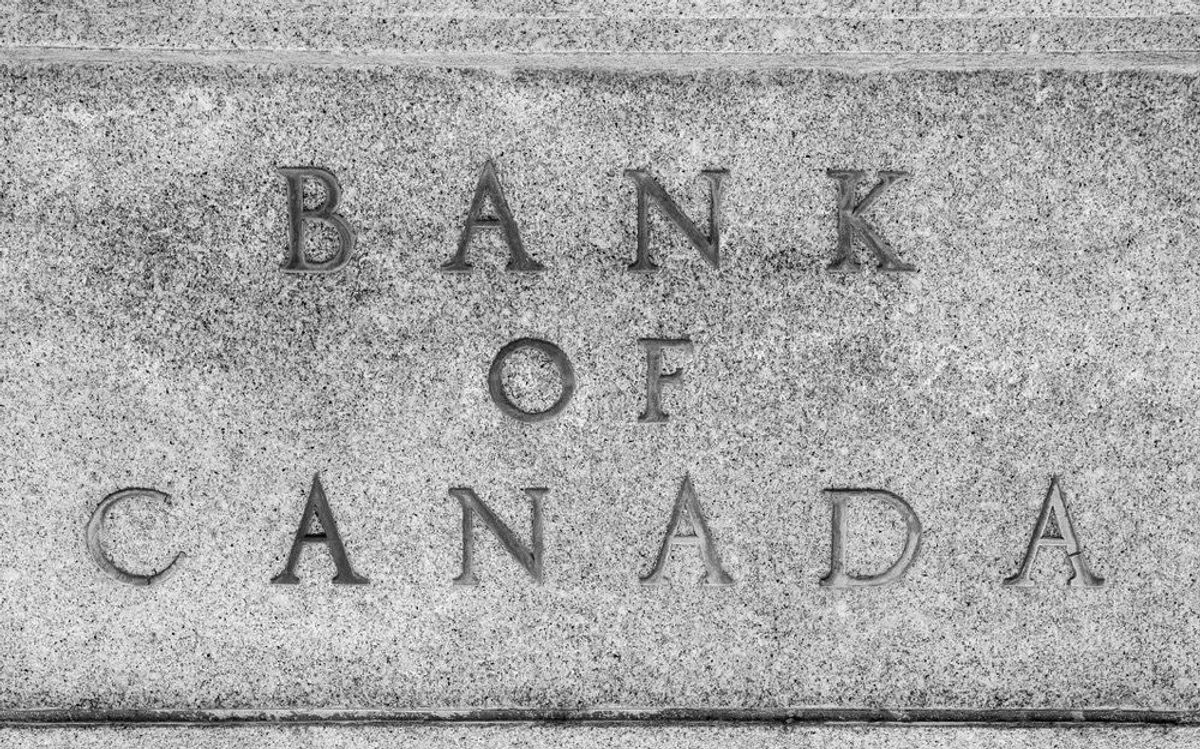Since 2018, home ownership has been difficult to achieve. In fact, many would-be home buyers often have to decide between renting or owning and becoming officially “house poor.” However, a looming federal election slated for October 21, 2019, has instigated REALTOR® associations from Canada’s largest real estate markets (including those in Toronto, Calgary, Vancouver, Quebec, Edmonton and Nova Scotia) to call on all levels of government to make home ownership more accessible for Canadians.
READ: First-Time Home Buyers Incentive Limits Torontonians To Buying Condos
Their list of amendments to current barriers to home ownership include revising the Office of the Superintendent of Financial Institutions’ (OSFI) mortgage stress test. REALTOR® associations instead want the stress test to be viewed as a flexible policy that changes based on economic trends and interest rates. They also are asking to swap out the $750 First-Time Home Buyers Tax Credit with a $2500 non-refundable tax credit for first-time home buyers and reintroduce 30 year amortizations. This policy change alone would make monthly payments more digestible. It would also allow buyers to finance more expensive homes – ones they would not be able to acquire in a shorter period of time.
“With increasing pent-up demand and accelerated price growth, recent policies focused on demand such as the mortgage stress test have made home ownership less attainable. Affordability pressures need to be addressed by restoring a 30-year allowable amortization period on mortgages,” said Michael Collins, President of the Toronto Real Estate Board (TREB). He noted that the regulation was too stringent and provided a “one-size-fits-all” approach to curbing demand.
READ: Canada Has One Of The Highest Home Ownership Rates In The World
John DiMichele, Chief Executive Officer of TREB, added, “We need concrete results in the Greater Toronto Area to address the lack of supply by reducing red tape for building, relaxing zoning to expand mid-density (e.g., townhomes) housing, facilitating more transit-oriented development, accelerating infrastructure improvements and lightening the taxation burden facing home buyers. The Ontario government and the City of Toronto are working on solutions to bring more supply on-line, but specific milestones should be set.” In March 2019, the Globe and Mail reported that Toronto property owners face a 3.58 per cent tax hike.
Ashley Smith, President of the Real Estate Board of Greater Vancouver noted that no two real estate markets are the same. “We believe in responsible lending and regulation, but there’s a balance. The stress test is causing more harm to hopeful home buyers than it needs to. It’s hurting affordability and stifling people’s ability to meet their housing needs.” Framing the regulations as a punitive measure, Smith said, “The one-size-fits-all housing policies, like the mortgage stress test, are simply not solutions that will work across our diverse country.”
READ: Everything You Need To Know About The First-Time Home Buyer Incentive
In Quebec, home ownership stats fall behind the rest of the country. "Quebec's home ownership rate continues to lag, according to the 2016 Census, as it stands at 61 per cent in Quebec compared to more than 70 per cent in Canada's other provinces," said Julie Saucier, President and Chief Executive Officer of the Quebec Professional Association of Real Estate Brokers (QPAREB). “There needs to be better support offered to buyers of residential properties, particularly first-time buyers. We also support the implementation and maintenance of home renovation tax credit programs to encourage the purchase of properties requiring upgrades, a refund of transfer duties for first-time buyers, and the introduction of mortgage rules that are adapted to regional and provincial differences," she added.
Even Prime Minister Justin Trudeau, stated the importance of Canadians to purchase their own homes. In addition to the First-Time Home Buyer Incentive, what other regulations will the federal, provincial and municipal governments be willing to soften?
REALTOR® associations are hoping their recommendations will be heeded as soon as possible.





















